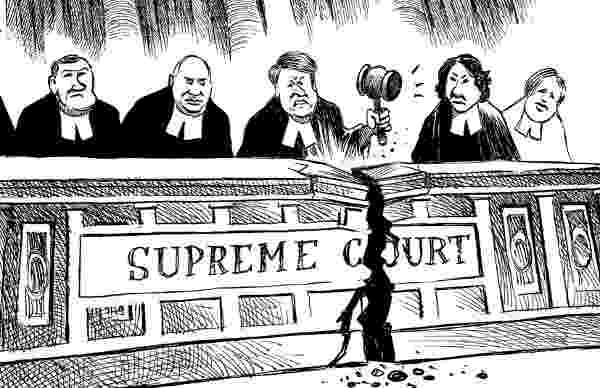Felthouse v Bindley case is the landmark case of English contract law that states silence cannot amount to acceptance. After some time this case was rethought in Brogden v. Metropolitan Railway because it was stated that acceptance was communicated by the conduct.
COURT:
Court of Common Pleas
BENCH:
Justice Willes [Delivery of the judgement], Justice Byles and Justice Keating.
PROVISIONS APPLIED:
- Mental acceptance is no acceptance.
- Section 4 of Indian Contract Act 1872 states that acceptance should be communicated to the offeror.
CASES REFERRED:
- Stockdale vs Dunlop case
- M/s H & Co case
- Coats vs Chaplin case
FACTS OF THE CASE:
- Paul Felthouse, a builder who used to live in London, wanted to buy a horse from his so-called nephew, John Felthouse.
- John sent a letter regarding the discussion about buying a horse. Responding to the letter uncle replied, “If I hear no more about him, I consider the horse mine at £30.15s.”
- Due to engaging in some auction work which has to be held on February 25thnephew forgot to reply to aforesaid letter and ask the man who was running the auction i.e. William Bindley not to sell the horse but by accidentally Bindley did.
- Paul Felthouse sued Bindley for using another property without the consent of the owner and showed that there was a valid contract existing between them but Bindley argued that there was not a valid contract that has been ever existed as nephew has never communicated his acceptance of the uncle’s offer.
ISSUES FRAMED:
- Whether there was a valid contract between plaintiff and Defendant i.e. Paul Felthouse and William Bindley, respectively.
- Whether silence or rejection to offer is considered being acceptance
JUDGEMENT:
- The Court held that Paul Felthouse did not have the ownership right of the horse since from the beginning as there was no contract which was to be accepted. It’s the responsibility of the party who is accepting the offer to notify the offeror about the acceptance, mere silence can not be assumed as an acceptance of the offer. February 27th was the first date where the communication of acceptance was completed but the auction has already been taken place on February 25th which proves that Felthouse was least interested in purchasing the said property.
CONCLUSION:
It was concluded that there was no contract between both the uncle and nephew and mere silence did not amount to acceptance of the offer and as per English contract law no one can impose an obligation on another and an acceptance of the offer must be communicated clearly.
BEST BOOK FOR CONTRACT LAW: Contract Law by RK Bangia (Latest Edition)





